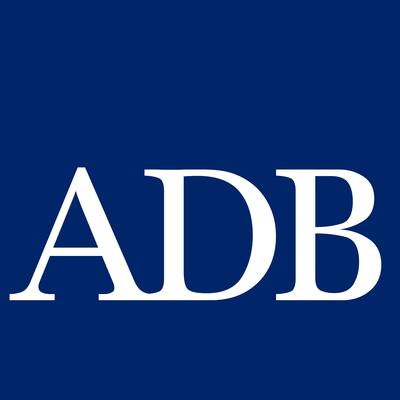Welcome to Odibles, a collection of case studies about workplace problems faced by members of the ADB community. These narratives were developed from data and other findings that the Office of the Ombudsperson collated to identify emerging trends and patterns of concern. They are meant for illustrative purposes and do not represent any actual person or a specific department.

In Safe Hands
Essy is a staff member at ADB. On the surface, her life seems perfect. She always talks about her family and how much she loves spending quality time with her children and husband. She is happy with her career and enjoys working at the headquarters where she is very popular among colleagues. Beneath the surface, though, she is deeply unhappy. Essy feels trapped in a relentless nightmare, an abusive relationship, and there is no one she can tell.

Key Points
In Safe Hands
-
Domestic abuse is an extraordinarily sensitive and complicated issue.
-
People are increasingly seeking help in this regard, which is an unsettling trend for OOMP.
-
The issue of domestic abuse impacts the workplace when victims struggle to keep up with their work or suffer mental and/or physical health repercussions while coping with their predicament.
-
Domestic abuse is not always physical violence. Psychological and verbal abuse leave deeply hidden scars that can be just as damaging.
-
This issue affects all nationalities, races, genders, religions, ages, and socioeconomic statuses. ADB has an obligation to provide support to staff who come to OOMP or seek appropriate resources, for help.
Left Out
Tamina is new to ADB. She started her position just before the global pandemic began. Joining a new organization and acclimating to a new workplace culture can be stressful at the best of times, especially if it involves relocating to a new country. Tamina expected all that, but she could not foresee some of the added challenges of starting a new job remotely that caught her off guard.

Key Points
Left Out
-
The lack of a seamless integration into ADB’s work culture has far-reaching implications for the organization both in the short and long term.
-
Prior to the pandemic, our office observed the challenges that new staff faced in navigating ADB’s organizational culture. The pandemic has aggravated these challenges. Many who sought our help talk of feeling unwelcome or excluded.
-
The remote way of working makes it more difficult to develop a more meaningful connection with teammates and others in the organization. As a result, supplementary social support networks, which were more widely available and accessible in the past, are now less so.
-
The feelings of isolation and marginalization leave some staff questioning their decision to join the organization as well as contributing to the stress and anxiety around returning or coming to their duty station.
-
Supervisors play a critical role, particularly around communication and facilitation of meaningful inclusion of new staff to support their transition into the organization.
-
If ever there was a need for a comprehensive and effective mentor program, it is now.
Do I Want to Go Back?
As the COVID-19 vaccines have been successfully rolled out across the globe, offices everywhere have started considering a “hybrid” return to work. Four staff members express their feelings about this new work arrangement.

Key Points
Do I Want to Go Back?
-
The anxieties around returning and transitioning to work in the office are both diverse and complex. Numerous factors contribute to why many staff members struggle with the idea of returning to their duty station and the workplace as they knew it.
-
What makes this prospect so problematic for several people is that there are personal and sensitive dynamics at play, particularly involving families.

Caught in the Middle
Trapp, a supervisor in ADB, tries to model positivity and resilience to his team. But lately, his upbeat demeanor is beginning to crack under the pressure of conflicting responsibilities. He now struggles to keep his own morale going and could not stop thinking about early retirement.









